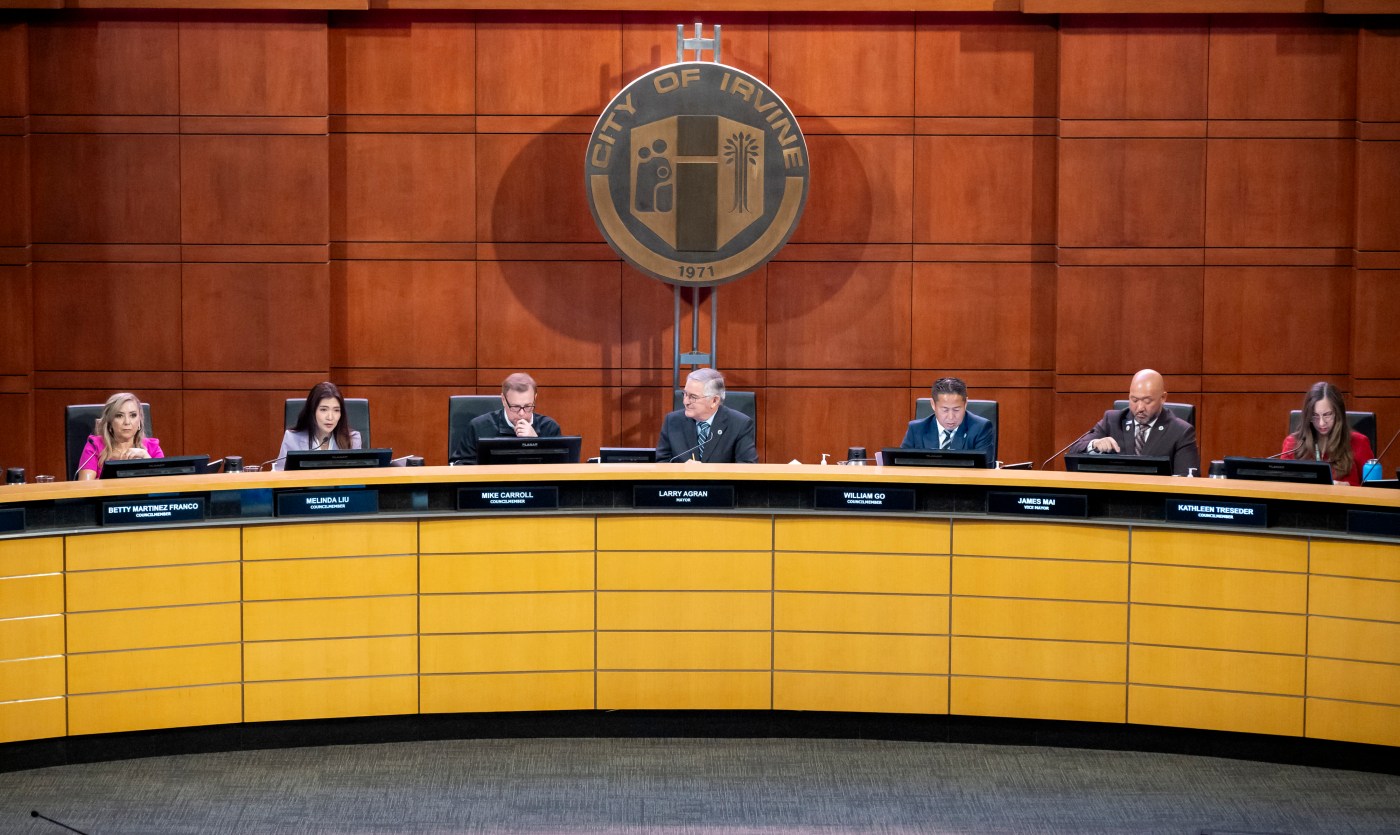As Irvine turns the corner into a new fiscal year beginning July 1, city leaders have approved a balanced general fund budget fueled by a strong housing market.
As some cities in Orange County struggle to stay out of the red, making cuts to public services and freezing hiring, Irvine plans to “maintain and even enhance” service and program offerings, city officials said.
“We have a wonderful city with a balanced budget, a great budget, a healthy budget,” said Councilmember James Mai of the recently approved budget.
Councilmember Melinda Liu added that the city is in “great financial shape.”
In the fiscal year beginning next week, Irvine anticipates an increase in general fund revenues of $20.5 million, representing a 7.5% growth rate.
The city owes its financial wellness to its status as one of the nation’s hottest real estate markets over the last year, a city budget analyst said.
“The strong housing market, especially in Irvine, has led to increases in overall sales and market value, which has helped increase the city’s assessed valuation,” Jonathan Nih, city deputy director, wrote in his budget report to the council.
Irvine’s general fund budget is equal to about $311 million.
Over one-third of that comes from property taxes, and the city expects a nearly 10% jump in property tax revenue relative to the current budget year.
Sales tax, hotel tax and various fees make up most of the remainder of the city’s general fund revenue sources.
This revenue is more volatile, Nih wrote, due to “external factors.”
Hotel occupancy rates, for instance, have still not fully recovered from the pandemic, Nih said.
Sales tax revenue, meanwhile, is at the mercy of uncertain macroeconomic conditions, with many U.S. economists predicting that the country might soon fall into a recession.
Nih reassured the council that the city took “a conservative approach when building the budget.”
“We stay mindful of possible upcoming challenges such as the market stability, global trade negotiations and increasing costs,” he said.
Because of increasing costs, even as Irvine’s budget increases, so will its expenditures.
“The city faces challenges associated with rising expenditures due primarily to inflation and cost increases,” Nih wrote.
The most pronounced impacts will be in construction, labor and material expenses, he said.
Still, buoyed by the housing market, Irvine finds itself in a strong enough position to add staffing next fiscal year.
The city plans to add five new public safety positions, including a police sergeant, police officer and dispatcher.
The city will also add two community services program coordinators, three positions in the clerk’s office and one HR position to support staffing of the city’s new public library system.





